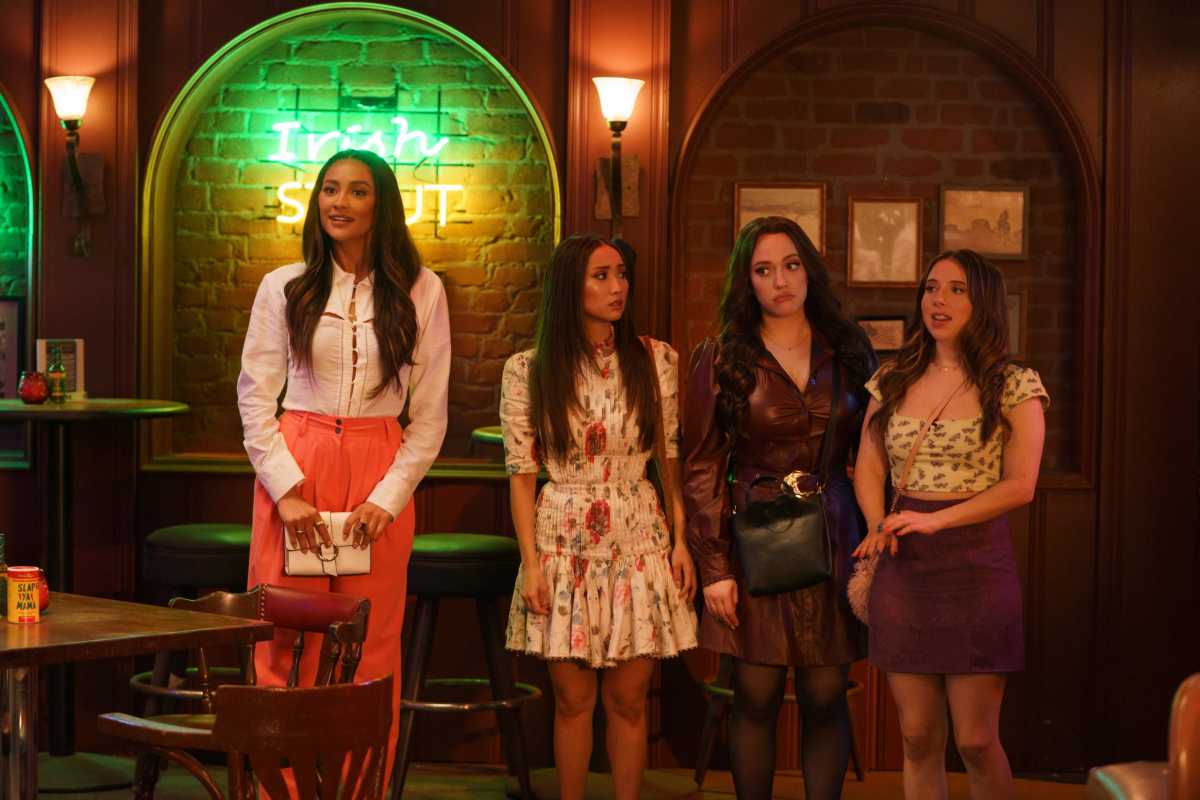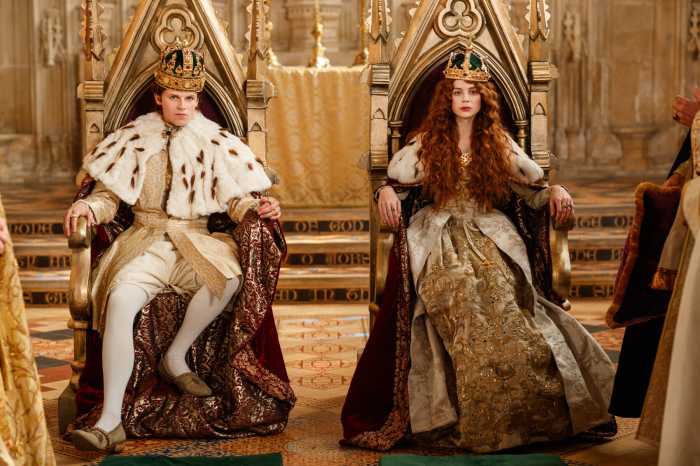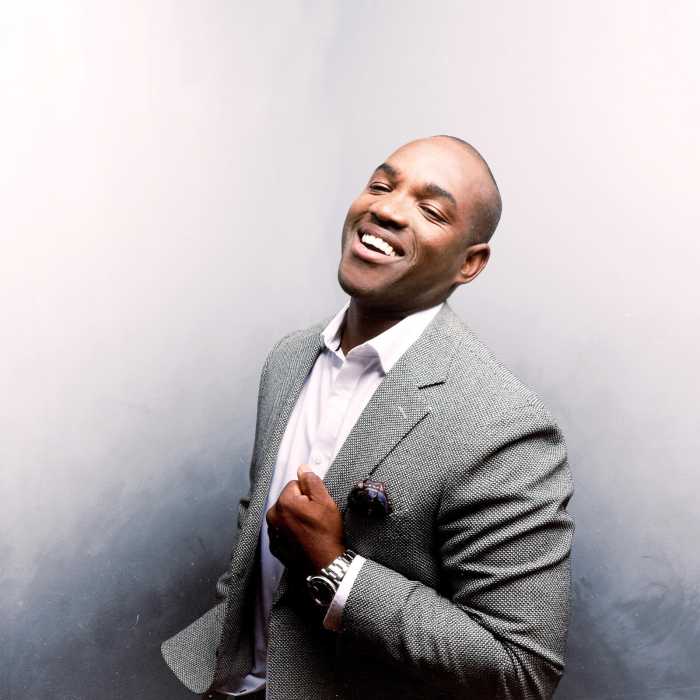When Hulu’s original series, ‘Dollface’ first premiered in 2019, the show—which stars Kat Dennings, Brenda Song, Shay Mitchell and Esther Povitsky—followed the formula of a rom-com, but for friends instead of a typical love story. And now, with season 2 available on the streaming service, ‘Dollface’ is sticking to that format—and with the pandemic still looming, the show feels like a warm hug now more than ever.
“The idea for the show came from a lot of personal experience and wanting my own life to really have a romantic comedy… but one that felt like a love story between best friends,” explains the show’s creator and EP Jordan Weiss.
Weiss wrote the script as a writing sample to get staffed on other shows. Instead, the pilot turned into a vehicle for her own dreams to come alive on screen.
“I had a comedy professor who said to me that if you had a character who was afraid of the dark, then you should write them into a blackout,” continues Weiss. “So it felt like, If I’m going to write this character of my younger self who felt very intimidated by relationships with other women—what better way [to do it] then to have her dive head-first after a relationship back into the world of friendship?”
In ‘Dollface,’ Weiss’ vision came to fruition with the character of Jules (Dennings.) We see Jules at the start of season 1 getting broken up with over pancakes, and after the shock of it all, she gets her own run-in with a cat lady—and no, not a lovingly sweet lady who adores felines, an actual lady with the head of a cat (played by Beth Grant.)
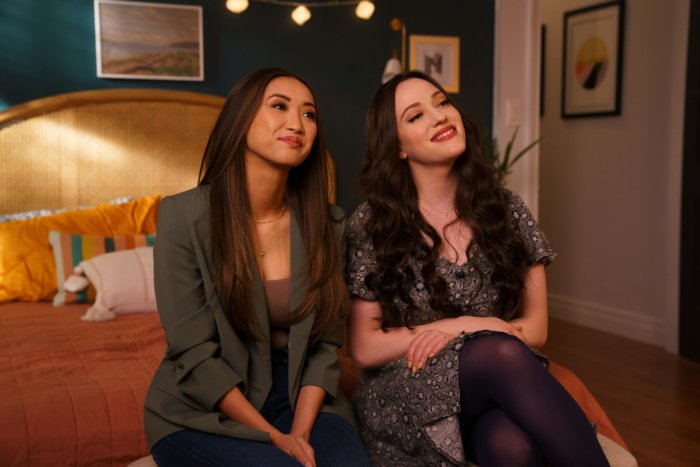
This figment of Jules’ imagination picks her up on a bus, drives her past the valley of “Guys’ Girls” in football jerseys on a zombie-like search for chicken wings, past “Rebound Town” which is exactly how it sounds, and on her way to her ultimate destination—back to the land of female friendships in the form of a bus station.
If that whole sequence sounds fantastical, that’s because it is. And that’s how it’s supposed to be. The show mixes relatable reality with fantasy elements, almost in a ‘Lizzie McGuire’ sort of fashion, but with more adult situations and creative ways to explore the mind. That element is also what pulled in show-runner and EP Michelle Nader for the second season.
“I knew immediately that the subject matter and the person who created the show was speaking my language in terms of the magical/real scenes. I loved that and I loved the cat lady. It just happened that I was available and Jordan wanted a new, female partner. We immediately got along really well,” Nader explains.
“Our first conversation, Michelle pitched a very vivid scene that she had in her head that could be the ending of the season, and it gave me an idea for a scene that could be at the beginning of the season. [So] we were both like oh, okay… well, we have an ending and beginning, so I think we will be good partners. We just have to fill in the middle,” adds Weiss.
That partnership brings a lot of what made season 1 so great and elevates it in season 2. Season 1 finds Jules finding out her female friendships have “expired” when she ends up at that fictitious bus station. Enter then Jules’ attempt at salvaging her relationships with her college best friends: Madison (Song) and Stella (Mitchell.) As season one pans on, we also meet Jules’ co-worker at the women-driven company Woom, Izzy (Povitsky) née Allison B (that’s something you’ll have to see in the first season to get.) Izzy enters into the friend group, and the four set off on their individual journeys, together.
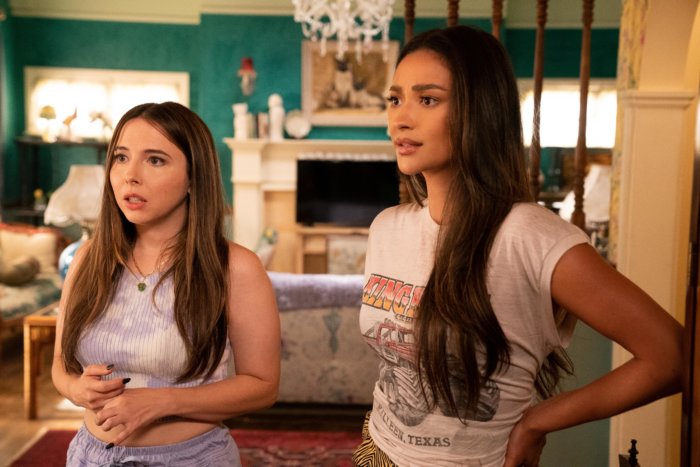
And, it’s that dynamic mix of female viewpoints that drew in Mitchell to the vibrant fun-loving character of Stella, and Povitsky to the quirky and lovable character of Izzy.
“I feel like Stella has so many qualities I see in myself,” Mitchell explains. “I just love that each of the girls are so different because that’s truly who we are as a cast. We’re similar but also so different, and I love that because at the end of the day, we are so authentically ourselves. I think those are the characters we play as well. Getting their different perspectives to different circumstances in the show is really fun to see and play.”
“When I read this script and read this character, I thought I can do this,” Povitsky agrees. “There’s a part of me on this page. I went into it feeling excited about the words and just the voice of the script, and seeing how each and every one of us is authentically our character makes it so much more fun and interesting. I feel like you’re seeing real people on the screen and not just prototypes.”
Season 2 begins with the four ladies on new paths. Stella returns to LA back from her time in Philly at Penn, Izzy is in a new relationship, Jules has to make a huge work decision and Madison was furloughed due to the pandemic. She also has fears about turning 30—Jules takes a different approach to that matter.
“People approach any sort of milestone, like a birthday, differently,” Weiss says about the second season. “Turning 30…is it a huge deal, or is it not a big deal? I think that the journey that Madison and Jules take specifically in this season is about learning from each other’s perspectives. Madison needs to let go of some of that emphasis she puts on external markers and let go of control a little bit. Then Jules becomes more active in realizing she has been a character slightly with a mindset of: You can’t lose if you don’t play. That is really the story and it got framed around our big-themed question—how do we watch these women grow up without growing apart?”
As the show opens for its sophomore season, we see what each character went through during quarantine. Then the story takes off.
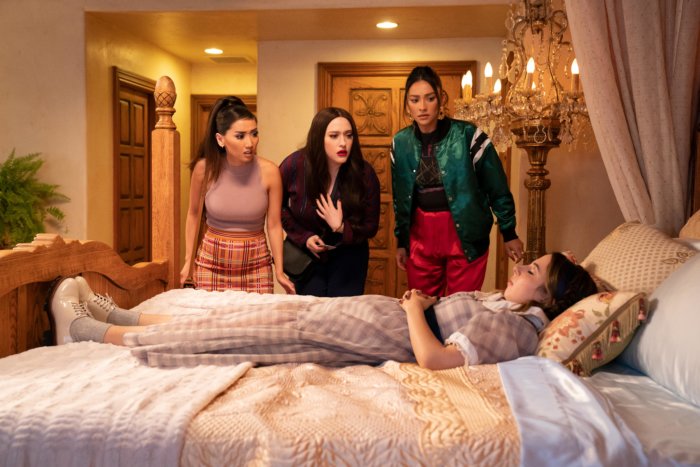
“Definitely mentioning the pandemic in the first episode was super important for us because the show is pretty relatable in all aspects…so to not mention it would be weird. But we touch on it lightly and then we go into it so you’re not reminded of it every episode, because I think we’re reminded of it enough in our real lives,” Mitchell says.
Season 2 stays in tune with making an environment that touches on nagging questions we all end up having as we grow older, but in a way that doesn’t induce more anxiety or confuse the message. The actors have said it’s relatable for them, and that also translates to audiences as well.
“I look at Izzy’s journey this season and I feel like it has so much to do with anxiety. It almost reminded me of myself. At the beginning of the season, it’s me before I started taking Lexapro, and the end of the season it’s like okay, she figured out her anti-depressants just like me and she can live her life,” says Povitsky.
“There are so many great shows that are out, but they also bring out a lot of anxiety after I watch them. I feel like this is sort of the happy show that you can watch after watching those,” finishes Mitchell. “It’s also based in reality and there’s a lot to relate to with the characters and the things that happen in it. So, you feel like you’re not the only one and it makes you feel less alone. It also maybe feels like you’re doing it with a group of friends, which is what we want ultimately.”
All 10 episodes of ‘Dollface’ season 2 are now available on Hulu.



